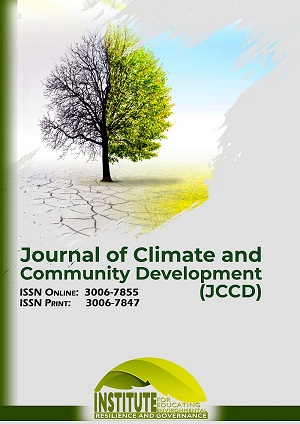Political participation of minorities and their response A case study of Pakistan
Keywords:
Religious minorities, Political representation, Discrimination, Political rights, Separate electorate, Joint electorate, Electoral system, Political Parties, Assembly and AssociationAbstract
Minorities, undoubtedly, play an essential and pivotal part in the socio-political and economic development of any state in the modern world and they must enjoy active participation in the existing political system. The assessment of a nation’s prosperity and development can only be measured through the system’s honesty and its attitude with all the communities living in it. This research paper is to analyses political rights and the participation of minorities in Pakistani political system. The 1973 Constitution ensures fundamental political rights to all the religious minorities in the country i.e. speech, assembly and association on equal footings without any discrimination. According to the population census conducted in 2017, minorities make up around 4% of Pakistan's overall population. This paper will also examine the challenges facing by the minority leadership and general public about the enhancement of the seats in the Parliament for the resolution of their socio-economic and religious problems. Mechanism should be continuously re-examined and evaluated to ensure effective participation of the minorities of Pakistan in electoral politics
Downloads
Downloads
Published
Issue
Section
License

This work is licensed under a Creative Commons Attribution-NonCommercial-NoDerivatives 4.0 International License.








